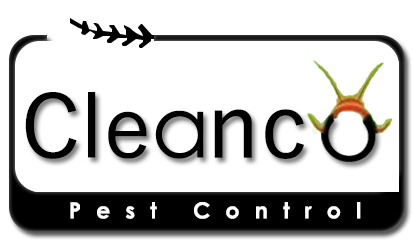NON CHEMICAL CONTROL
A careful inspection and cleanup of the area is the first step in controlling scorpions. They are active at night, especially when temperatures are above 75 °F. Cracks and crevices in walls are also good hiding places for scorpions. Scorpions will go to moisture, especially under dry weather conditions, so look in areas that are moist. Other suggestions for long-term nonchemical control include:
- Remove all trash and debris. This is always a good recommendation since outdoor roaches and other pests on which scorpions feed are also attracted to trashy areas.
- Store firewood and lumber off of the ground, and keep it dry.
- Remove unnecessary rocks.
- Seal any openings in outside walls with mortar or caulking.
- Screen and weather-strip doors, windows and vents.
- Repair or prevent wet areas caused by plumbing leaks, air conditioners, etc.
Use a dehumidifier in damp basements



